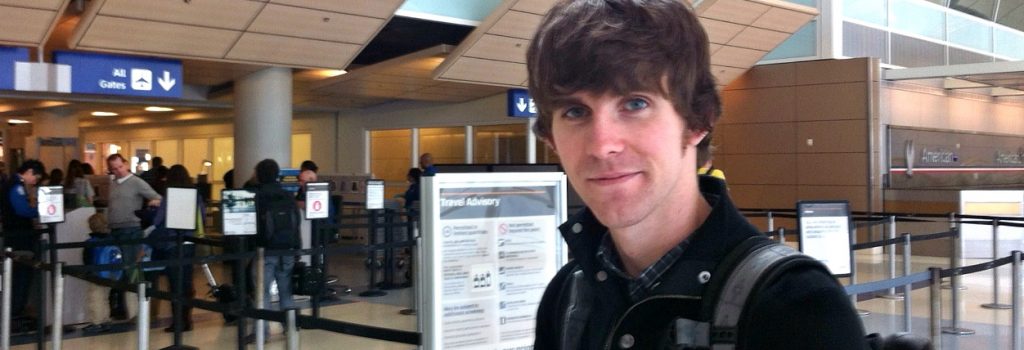Third Culture Kids (TCKs) are raised as globe-trotters, and as adults they will find themselves flying around the world just to ‘catch up’ with friends and family. Even the feeling of jet lag can make them nostalgic.
On the road (again)
Many Third Culture Kids can’t point to a particular place on the map and say definitively, ‘that’s my home’. Raised in one or more overseas countries, many may find that when it comes to the holiday season, they’re unsure where to go. Their parents may still live abroad, their siblings and friends may be scattered around the world. It might sound like a confusing, even lonely, existence to some. But for many TCKs, travel feels like home.
Everyone has moved on
For much of their life, travel and change have been the only constant for TCKs. As a consequence, instead of ‘going home’ for a holiday, such as Christmas, they instinctively hit the road. In some cases they want to discover somewhere new and satisfy the wanderlust that is now deeply ingrained in their DNA. Otherwise, they might want to ‘catch up’ with friends and family (wherever they are). It has been said that TCKs invest in people, not places. When they return to a place where they lived as a kid, it might not feel like much of a ‘homecoming’, if everyone they knew there has moved on.
Globe-trotting is second nature
For TCKs, globe-trotting is simply second nature. “When home can’t be singled out on a map,” writes Sebastian Modak, “I travel because the experience, no matter where I’m headed – the unfamiliar food, the sound of music never heard, and yes, even the jet-lag – feels like a memory of things past.” Modak, who is of mixed heritage and raised in five different countries, sees the TCK-experience mostly in positive terms (he can’t resist noting how one biracial American boy, who was raised for a period in Indonesia, went on to become a US President).
Bridging divergent cultures
Certainly, as global commerce has grown in recent decades, the numbers of people who can be described as TCKs is only going to increase. They will, in myriad, influential ways, shape the development of this globalised world. As business leaders, diplomats, volunteers, educators, interpreters, artists, and more, we can be thankful, they will instinctively look to bridge divergent cultures, wherever they roam.
Photo: Grant Wickes – Flickr





